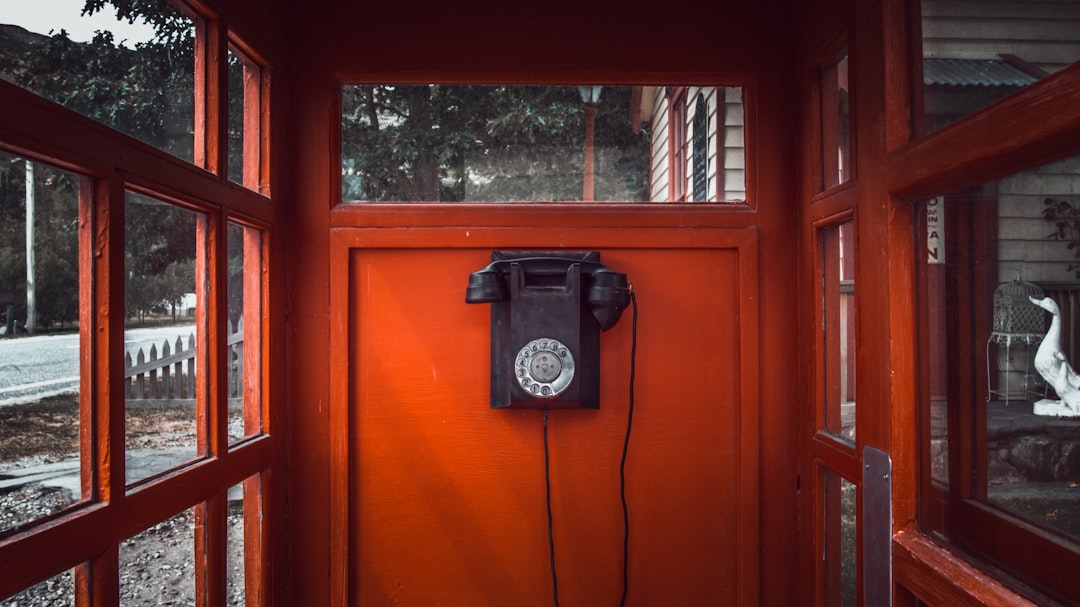Spam calls, driven by technology, are a growing problem in San Antonio, mirroring national trends. These calls can be intrusive and dangerous, leading many residents to consult spam call lawyers San Antonio for assistance. Legal experts educate citizens on their rights, including Do Not Call list registration, number blocking, and legal action against spammers. Federal laws like the TCPA and Texas regulations protect citizens, while spam call lawyers San Antonio guide residents through these frameworks, offering cease-and-desist letters or lawsuits to uphold rights and set spammer accountability precedents.
In San Antonio, as with cities worldwide, spam calls have become a growing concern, disrupting daily life and threatening privacy. This article guides you through navigating this modern nuisance. We explore ‘Understanding Spam Calls’ and delve into legal perspectives from a citizen’s standpoint. Learn effective steps to protect your rights and identify common scams. Moreover, discover how consulting a specialized spam call lawyer in San Antonio can offer much-needed relief and justice.
Understanding Spam Calls: A Growing Concern in San Antonio

Spam calls have become a growing concern in San Antonio, much like in many other cities across the country. With the advancement in technology, scammers now employ sophisticated methods to target residents, often using automated voice services or pre-recorded messages to deliver their unwanted and illegal marketing tactics. These spam calls can be annoying, invasive, and even dangerous, as they may include threats, scams, or attempts to gather personal information.
In San Antonio, the prevalence of spam calls has led many individuals to seek assistance from a spam call lawyer San Antonio. Legal experts in this field help educate citizens on their rights and available options, such as registering on the Do Not Call list, blocking numbers, and taking legal action against persistent or aggressive spammers. By understanding the issue and knowing where to turn for help, San Antonio residents can better protect themselves from these increasingly prevalent and harmful calls.
The Legal Perspective: What Every Citizen Should Know

In San Antonio, as in many parts of the U.S., spam calls are regulated by federal and state laws designed to protect citizens from unwanted and often fraudulent communication. Every citizen should be aware of their rights and legal protections when it comes to these calls. A spam call Lawyer San Antonio can offer invaluable guidance on navigating these regulations.
The Telephone Consumer Protection Act (TCPA) is a key piece of legislation that restricts how businesses can contact consumers by phone, including restrictions on automated or prerecorded messages and the use of telemarketing lists. Moreover, Texas has its own laws that supplement the TCPA, providing additional protections for residents against spam calls. Understanding these legal frameworks empowers citizens to take action if they feel their rights have been violated, potentially leading to financial compensation through a spam call lawyer San Antonio.
Protecting Your Rights: Steps to Take Against Spam Calls

In today’s digital age, the scourge of spam calls has become a pervasive issue for many San Antonio residents. Protecting your rights against these unwanted intrusions is essential, and taking proactive measures can significantly enhance your privacy. One effective step is to register your number on the National Do Not Call Registry. This federal list restricts telemarketers from calling landlines and certain mobile phones. Additionally, many states, including Texas, have their own do-not-call lists that further limit commercial calls.
If spam calls persist and become a nuisance, considering legal action with the help of a spam call lawyer in San Antonio can be empowering. These attorneys specialize in consumer protection laws and can guide you through options like sending cease-and-desist letters or filing lawsuits against persistent spammers. By taking these steps, you not only protect your rights but also set a precedent for holding offenders accountable, potentially deterring similar future activities.
Common Scams and How to Spot Them

In today’s digital era, San Antonio residents are increasingly plagued by spam calls, which often masquerade as legitimate business or government communications. Common scams include fake prize offers, phishing attempts for personal information, and imposter charities seeking donations. These calls can be difficult to identify due to their sophisticated methods, but knowing what to look out for is a powerful tool against these deceptive practices.
One way to spot a spam call is by recognizing the number. Unknown or repeatedly calling numbers are often the culprits. Additionally, be wary of unexpected urgency and pressure tactics, such as demanding immediate action or threatening consequences. Legitimate organizations usually allow time for individuals to consider their offers or requests. If a caller demands sensitive information, it’s a red flag—legit businesses typically provide secure channels for sharing personal data. Engaging a spam call lawyer in San Antonio can help you understand your rights and take legal action if needed against these persistent and harmful practices.
Finding Relief: Consulting a Spam Call Lawyer in San Antonio

If you’re tired of relentless spam calls, knowing your rights and legal options is crucial. In San Antonio, consulting a spam call lawyer can offer much-needed relief and guidance. These experts specialize in navigating complex laws and regulations to protect consumers from unwanted phone marketing tactics. They can take immediate action to stop the inundation of spam calls by sending cease and desist letters or even filing lawsuits if necessary.
A spam call lawyer in San Antonio will help you understand your legal standing, investigate the source of the calls, and explore various strategies to curb future disturbances. Their expertise ensures that you’re not just temporarily silenced but are equipped with long-lasting solutions to enjoy a quieter, more peaceful communication environment.






